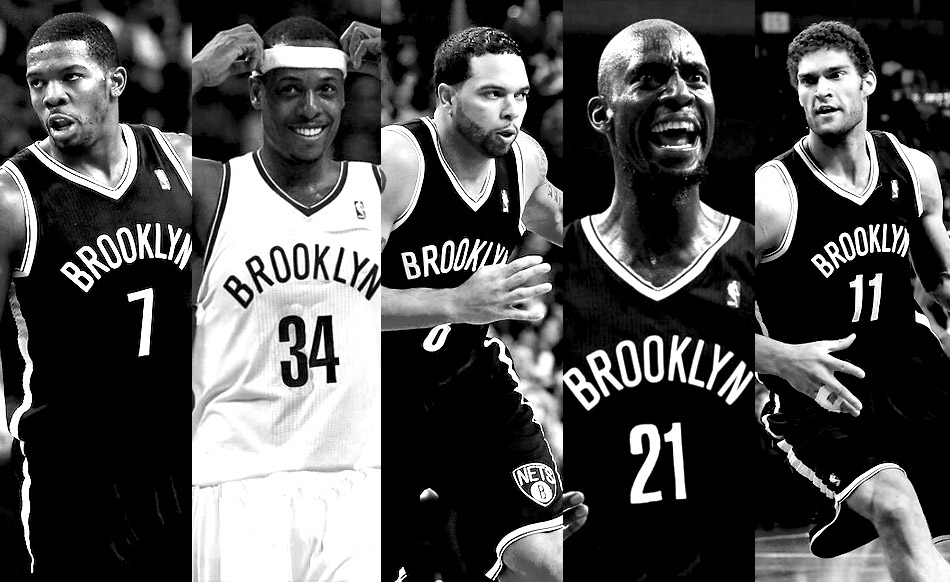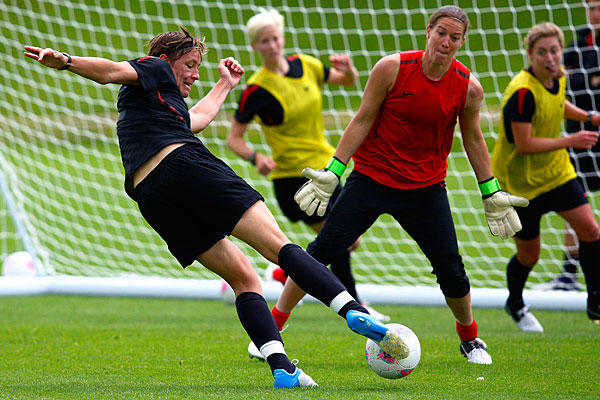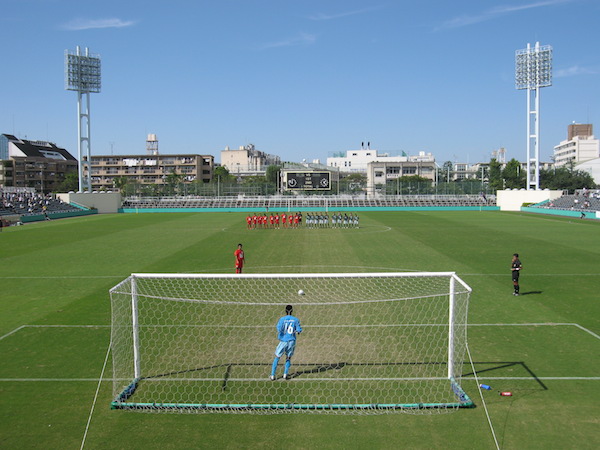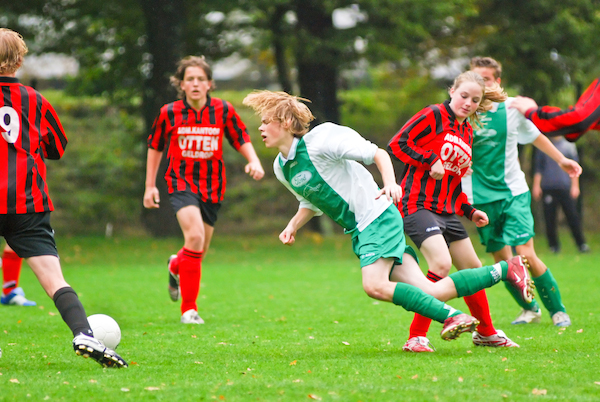
One of the things that I think is the most misunderstood by people who don’t watch sports is exactly how much story-telling the average sports fan does. Sports leagues, sports media, and even the athletes themselves actively try to create stories about sports for fans to consume. Sports fans activate their imaginations themselves and project narratives they themselves want to see onto their favorite teams and players. This mixture of consuming and creating stories from sports is one of the elements of fandom that keeps sports fans coming back game after game and year after year. It’s a way in which the following of sports is not so different from the playing with legos or dolls or stuffed animals that we all did as children. It’s also a reason why the idea of “fantasy sports” is a little silly. Sports are already an exercise in fantasy!
A recent article in The New York Times by Randal C. Archibold profiled “Juan Villoro, one of Mexico’s most decorated and esteemed writers — who also happens to be a leading soccer analyst.” Written a few weeks ago, when Mexico’s chances of qualifying for the World Cup looked bleak Villoro was eloquent about how he interprets international soccer:
“Every World Cup team reflects its country’s social model,” he said a few days after the column. “When Spain won last time, it was about middle-class aspiration, a nation making it. France’s victorious team before that,” in 1998, “reflected the multinational ideal it aspires to be.”
“And Mexico now,” he said, “it’s a combination of the nation that has been promised a lot, but the promises have not been fully fulfilled and there is a feeling like maybe they never will be. It is a very Mexican team in that regard.”
I wonder what Villoro thinks now that Mexico has qualified for the World Cup by beating New Zealand in a two game playoff? You may guess that he has come up with a new narrative or that he’s found a way to wedge the current (fleeting, he might write) success of the team into his existing narrative of unfulfilled promises but my guess is that either way he’s still telling stories about his country’s team.
Towards the end of the article, Archibold writes a line which I think is exactly right, “But more broadly, Mr. Villoro sees how we entertain ourselves as essential to understanding who we are.” I think this is a major reason why I find it harder to root for my favorite teams when they are, well, really good. It’s much harder for me to create compelling stories with a team that is more talented, more experienced, and expected to win as the protagonist. It’s much more fun to root for a young, up-and-coming team. That type of team fits into coming-of-age narratives, into stories about the dawning of a new era, about young David’s beating established Golaiths. The opposite can also be fun. I am in the process of convincing myself that the Brooklyn Nets this year are worth rooting for. The Nets this year are perhaps the most outrageous collection of over-priced, over-the-hill former stars ever. Their lineup every-night sounds like an all-star team from 2007; and because of that, I’ve found it hard to get behind them. But, now that they’ve started the year with only three wins in the first dozen games, I have a perfect story to tell myself about them. They are the group of bank robbers come back together for one last score (Oceans’s Thirteen,) they are a group of Samurai or gunfighters who band together to protect a village from bandits even though they themselves are weary of fighting (The Seven Samurai/The Magnificent Seven.) I love stories about old-age and treachery staving off youth and vigor for just one more day, one more game, one more season. And now, I love the Nets!
The way we entertain ourselves is revealing about who we are, so the next time you watch sports with someone, ask them what the plot is — ask them what stories they are telling themselves about the game they’re watching.











